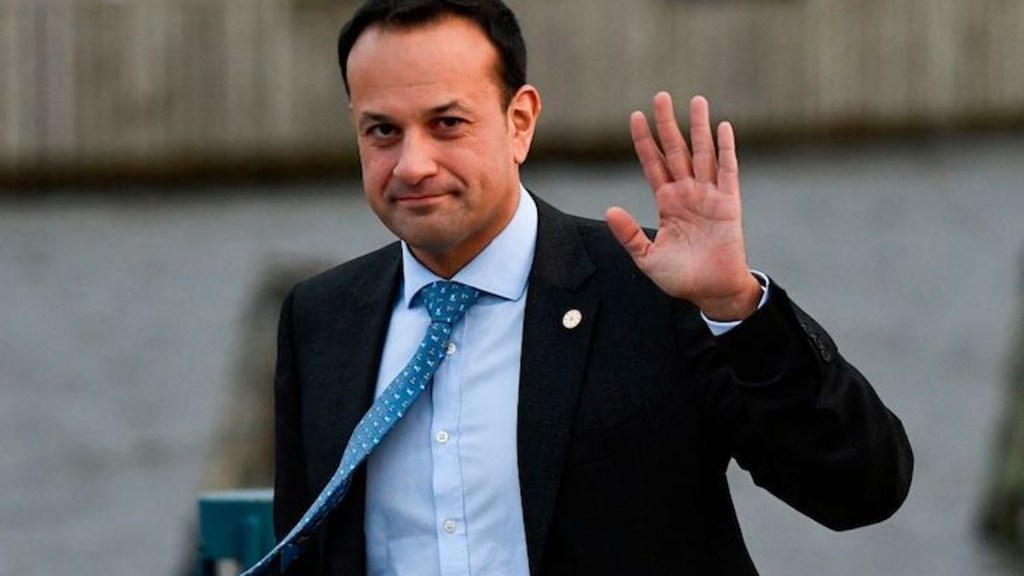When they were first introduced in the spring, lockdowns were meant to be a way of controlling the spread of COVID-19. But, in much the same way that viruses themselves sometimes do, they have mutated into something far more sinister and potentially far more dangerous — a way of waging war on every form of normal economic life.
Last week, the Welsh banned the sale of non-essential goods in the few shops that are allowed to remain open. Now the Irish have joined in. From last week, the country has introduced one of the strictest lockdowns in the world. Bars and restaurants are closed for all but takeaway service. People are only allowed to exercise up to three miles from their home. Offices will mostly be closed, and people will have to work from home where they can. And, just as in Wales, all non-essential items are banned from sale.
According to the former prime minister Leo Varadkar, now the Minister for Enterprise, Trade and Employment (although he seems to be firmly opposed to all three) this is vital to stop ‘unfair’ competition. The police — to show they are determined to get tough on anyone taking advantage of the crisis by, say, selling children’s toys or books — were reported to be out in force this weekend to ensure compliance.
But hold on. This is completely crazy. For the moment, let us leave aside the issue of whether it is a slight overreaction to a virus which, while infections are rising, killed between zero and 13 people a day over the last month in Ireland. Let’s leave aside as well how complex it will make the border with Northern Ireland — given that presumably anyone from the Republic will be able to drive across the border to buy garden equipment or a new T-shirt (I hope someone has broken the news to Michel Barnier so he can work out what the heck that means for the backstop). The important point is this: it has turned into a terrifying abuse of government power.
A lockdown clearly hurts all kinds of different businesses and individuals in ways that are largely unpredictable. Some firms do well — online retailers, or food delivery apps for example — while others do badly, like nightclubs or gyms. You can argue that we shouldn’t have lockdowns at all because of the degree to which they distort economic life. But if that is the policy, there is no point trying to make it ‘fair’ on one type of business or another. That just hurts everyone. Nor is it the job of a government to regulate the winners and losers in the economy.
[special_offer]
Business changes and adapts all the time according to all kinds of different factors. It is up to consumers, through the market, to work out which ones do well and which don’t. Lockdowns may have started as a way of controlling the virus. They are rapidly turning into a sinister attempt to control every aspect of economic life. It has started in Wales, it has spread to Ireland, and just like COVID-19, it keeps spreading. It is going to end just as badly.
This article was originally published onThe Spectator’s UK website.

























